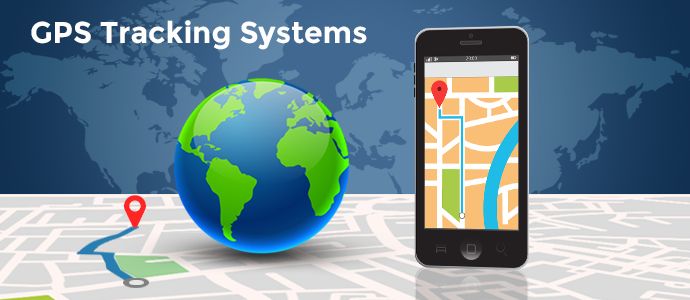Gone are the days when fleet managers had to rely on manual record-keeping and guesswork to keep tabs on their vehicles and drivers. Thanks to advances in telematics technology, GPS tracking systems have become an essential tool for fleet management. However, not all GPS tracking systems are created equal, and choosing the right one for your fleet can be a daunting task. In this article, we will explore the importance of choosing the right GPS tracking system for your fleet and the factors you need to consider when selecting one.
With the advent of telematics technology, fleet managers no longer have to rely on manual record-keeping and guesswork to monitor their vehicles and drivers. GPS tracking systems have emerged as a crucial tool for fleet management, but not all systems are equal, and selecting the right one can be a challenging process. This article delves into the significance of choosing the appropriate GPS tracking system for your fleet and outlines the factors you must consider when making your decision.
What is a GPS Tracking System?
A GPS tracking system is a device that uses the Global Positioning System (GPS) to determine the precise location of a vehicle, person, or other asset in real-time. The device communicates with GPS satellites to obtain the location data, which is then transmitted to a server or cloud-based platform via cellular or satellite networks. The fleet manager can then access this data through a web-based portal or mobile app to monitor the location, speed, and other vital information about their vehicles and drivers.
The Benefits of GPS Tracking Systems for Fleet Management
GPS tracking systems offer several benefits for fleet management, including:
1. Real-time location tracking: GPS tracking systems allow fleet managers to monitor the exact location of vehicles at any given time. This information can be used to optimize routes, reduce idle time, and improve overall efficiency.
2. Improved safety: GPS tracking systems can provide alerts for unsafe driving behavior, such as harsh braking, speeding, and sudden lane changes. This allows fleet managers to take corrective action and promote safer driving habits among their drivers.
3. Reduced fuel costs: By optimizing routes and reducing idle time, GPS tracking systems can help fleet managers significantly reduce fuel costs. This not only saves money but also reduces carbon emissions and contributes to a cleaner environment.
4. Better customer service: With GPS tracking systems, fleet managers can provide accurate and real-time updates to customers on the status of their deliveries. This improves customer satisfaction and loyalty.
5. Increased productivity: GPS tracking systems can help fleet managers identify areas for improvement in their operations, such as inefficient routes or underutilized vehicles. By addressing these issues, fleet managers can increase productivity and profitability.
Factors to Consider When Choosing a GPS Tracking System
When choosing a GPS tracking system for your fleet, there are several factors you need to consider:
1. Accuracy: The GPS tracking system should provide accurate real-time data to help you make informed decisions about your fleet’s movement and performance.
2. Reliability: The system should be reliable and provide uninterrupted service, even in areas with poor network coverage.
3. Ease of Use: The system should be user-friendly and easy to operate, with a simple interface that allows you to access data quickly and easily.
4. Customization: The system should be customizable to meet the specific needs of your fleet and business, such as setting up geofencing, alerts, and custom reports.
5. Integration: The system should be able to integrate with other software and platforms you use to manage your fleet, such as fuel management systems, scheduling software, and maintenance software.
6. Cost: The cost of the GPS tracking system should be reasonable and affordable for your business, with no hidden costs or fees.
7. Customer Support: The provider of the GPS tracking system should offer excellent customer support, with responsive and knowledgeable representatives available to assist you with any issues or questions.
The Bottom Line
Choosing the right GPS tracking system for your fleet is essential for improving your fleet’s efficiency, safety, and profitability. By considering the factors we have outlined in this article, you can select a system that aligns with your fleet management goals and objectives. Remember, not all GPS tracking systems are created equal, and it is crucial to choose a system that meets your unique needs and requirements.


